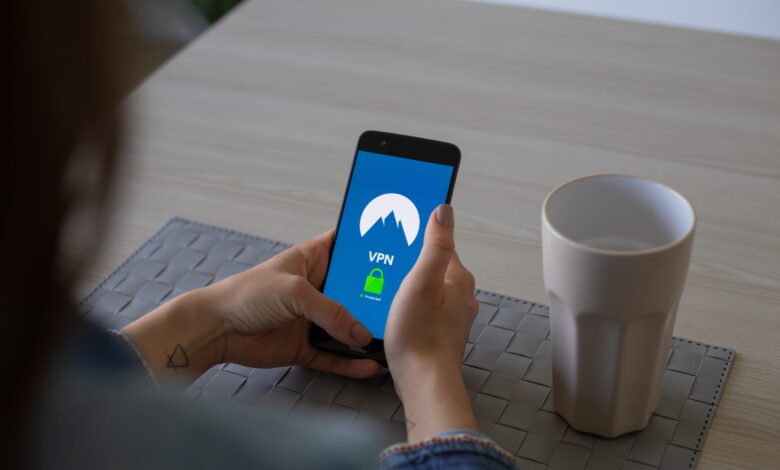How come my VPN connection is so slow?

A VPN is an encrypted tunnel that connects your device to a VPN server via the internet. VPNs protect your online privacy by prohibiting other parties, such as your internet service provider, employer, or a hacker, from snooping on your internet activity. Additionally, they conceal your IP address while you browse the internet.
Since your data must transit through the VPN server, it is common to occasionally experience performance fluctuations. If everything is properly connected and functioning, there shouldn’t be much difference. A sluggish VPN could indicate that you have not set up your settings for the best performance, or that more substantial changes are required.
How to accelerate your VPN?
There are numerous common causes of VPN sluggishness. While it may be difficult to establish the actual cause, you can examine the likely causes to see whether the situation improves. Here are some ways you might attempt to increase the speed of your VPN connection:
- Use another server
A VPN encrypts your Internet traffic by sending it through a dedicated server. A VPN will make it appear that your IP address is based in the same country as the server you are using.
In most circumstances, you will experience quicker speeds when connected to a VPN server geographically close to your location.
After configuring your VPN, choose a nearby server. You should observe a speed increase as your data does not have to travel as far to reach the VPN server. If you are utilizing a VPN to obtain an IP address in a certain location, your options may be more limited here.
If the closest servers are too slow, don’t be afraid to choose one that’s a little further away if many people are connecting to them. You may need to swap servers multiple times before discovering the optimal one, so be patient and continue trying.
Your VPN may provide you with the option to automatically select a server, and if it does, this selection is typically based on server speed. Allow the VPN to select the appropriate server location and observe whether your experience improves. Connect to a VPN geographically close to you to achieve quicker speeds.
- Modify your protocol configuration
VPN servers employ VPN protocols to provide a secure connection and encrypt your data. There are numerous protocols available, each with its advantages and disadvantages. You can teach your VPN client to utilize whichever protocol you like. If your current protocol settings are not delivering the required performance, you might consider making some adjustments. You can also toggle between UDP and TCP; the two techniques VPNs utilize to transmit data over the internet inside a specific protocol.
Read Also: Avoiding New Employees Can be Detrimental to Your Business
- Change to a faster VPN service
If your speed problems persist after attempting the following two solutions, it may be time to consider moving on. Your current VPN proxy speed may not offer the quickest speeds available. They may not employ proper server load-balancing strategies, or their infrastructure and network connections may be subpar.
VPNs disguise your internet activity from everyone except your VPN service provider. Look for a provider that does not store logs of what you’ve done while connected to their servers, and undertake extensive research to learn about the experiences of others.
- Evaluate your internet speed
Before abandoning your current VPN provider, you should consider that the issue may not rest with your VPN. Even a decent VPN will feel slow on a poor internet connection, so take a moment to assess whether your internet is operating as intended.
Disconnect your VPN to connect straight to the internet. Next, conduct an internet speed test using one of the available online programs. Follow the instructions on your preferred website to run a speed test, then compare the results to what your Internet service provider has promised (ISP). Using www.speedtest.net do an internet speed test
If your speed test results fall short of what you should receive, your VPN connection is probably not the issue. Try resetting your router to determine if this improves your Internet connection speed. If not, it may be time to contact your ISP.
- Employ a hard-wired Ethernet connection
Wi-Fi is the norm nowadays, but it is rarely as fast or stable as a dedicated Ethernet connection. When using a wireless connection, signal interference has the potential to disrupt the connection. An Ethernet connection maintains a direct connection to the internet.
Many modern laptops no longer include Ethernet ports, but if yours does, give it a try. There are also numerous adaptors available that allow modern devices to accept Ethernet cables. Try a wired connection to see if VPN performance improves.





